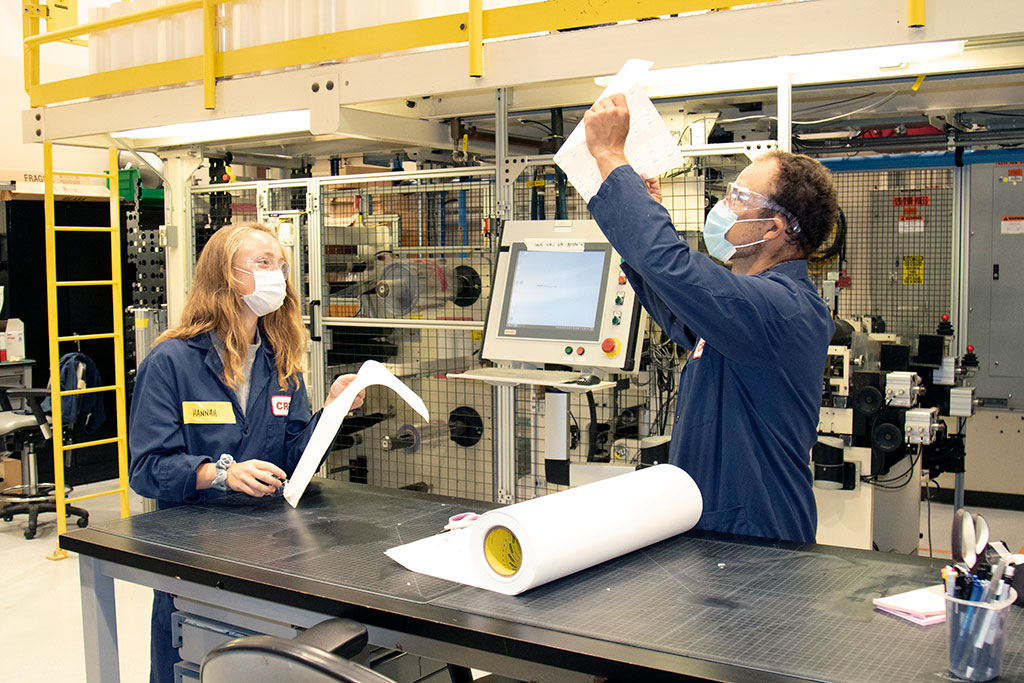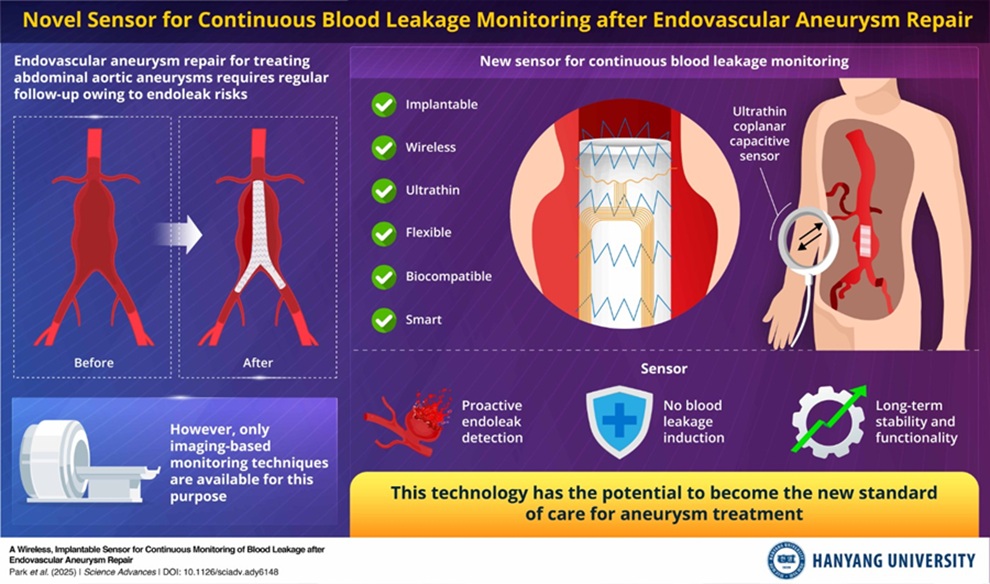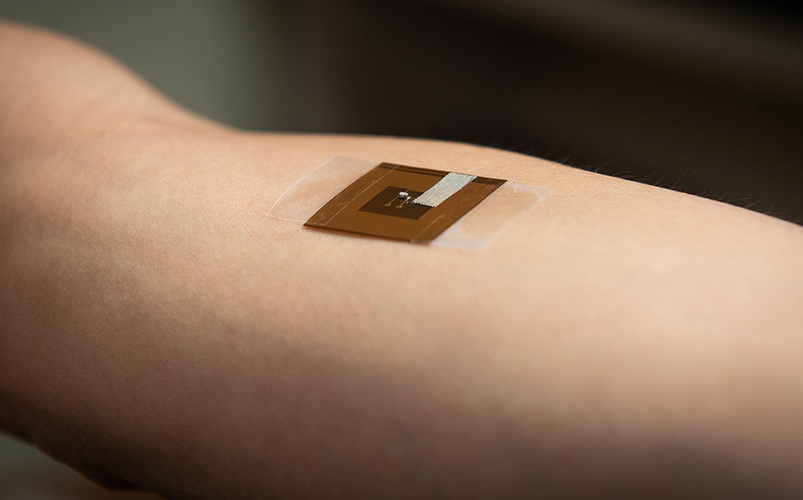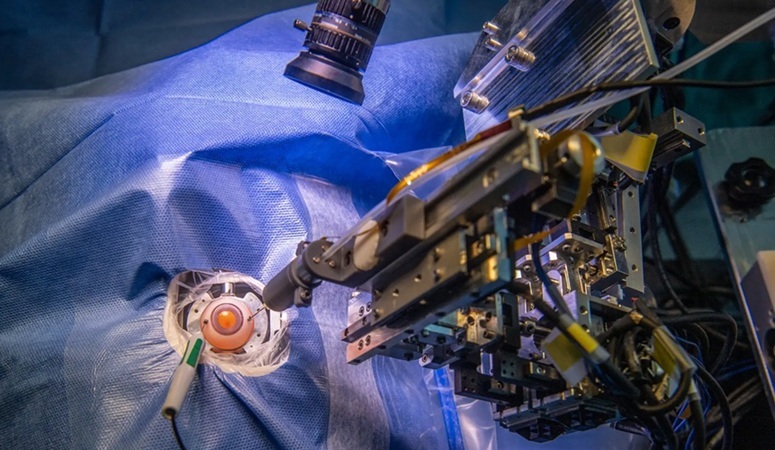3M and MIT Researchers Developing Low-Cost COVID-19 Diagnostic Test that Delivers Highly Accurate Results in Minutes
|
By HospiMedica International staff writers Posted on 15 Jul 2020 |

Image: 3M and MIT Researchers Developing Low-Cost COVID-19 Diagnostic Test that Delivers Highly Accurate Results in Minutes (Photo courtesy of 3M)
3M (St. Paul, MN, USA) and researchers at MIT (Cambridge, MA, USA) are testing a new rapid COVID-19 test that detects the novel coronavirus.
Accelerated research is underway to learn if a simple-to-use, diagnostic device can produce highly accurate results within minutes and is feasible to mass manufacture. The test would detect viral antigens and deliver highly accurate results within minutes via a paper-based device. The test could be administered at the point-of-care and would not need to be sent to labs for testing. This effort draws on 3M’s deep technological expertise in biomaterials and bioprocessing along with the company’s expertise in global medical device manufacturing. The 3M team is led by scientists, manufacturing and regulatory experts from its corporate research laboratories and health care business group. The research team at MIT is led by Professor Hadley Sikes at the Institute’s Department of Chemical Engineering. The Sikes lab specializes in the creation and development of molecular technologies to improve the performance of rapid, cellulose-based protein tests. The teams at 3M and MIT believe a diagnostic test can be deployed once validated. Manufacturing equipment can be scaled to produce millions of units per day.
The US National Institute of Health has selected the rapid COVID-19 test for accelerated development and commercialization support, after rigorous review by an expert panel. The test is in the Rapid Acceleration of Diagnostics Tech (RADx Tech) program, an aggressively-paced COVID-19 diagnostics initiative from the NIH’s National Institute of Biomedical Imaging and Bioengineering. The teams at 3M and MIT are prepared to collaborate with the government’s RADx Tech program to demonstrate the test’s capability and to deploy it as quickly as possible. RADx Tech’s phased innovation funnel is initially supporting a four-week period of intense research to demonstrate the test concept works and can be commercialized on a large scale. The project has received USD 500,000 in validation funding from RADx Tech and is eligible for further investment in later stages of the development funnel.
“We are excited to collaborate with Professor Hadley Sikes and the team at MIT. Our approach is ambitious, but our collective expertise can make a difference for people around the world, so we owe it to ourselves and society to give it our best effort,” said John Banovetz, 3M Senior Vice President for Innovation and Stewardship and Chief Technology Officer. “This is another step demonstrating 3M’s leadership in the fight against COVID-19. We are seeking to improve the speed, accessibility and affordability of testing for the virus, a major step in helping to prevent its spread.”
“There is a pressing need for a highly scalable rapid test,” said Sikes. “We are working with our colleagues at 3M to overcome the challenges to move this research from lab to impact, and find an innovative path forward to manufacture it at scale. Joining forces with 3M and the NIH has greatly enhanced our collective efforts toward swift detection of the virus, and a potential tool to help mitigate and contain this public health crisis.”
Related Links:
3M
MIT
Accelerated research is underway to learn if a simple-to-use, diagnostic device can produce highly accurate results within minutes and is feasible to mass manufacture. The test would detect viral antigens and deliver highly accurate results within minutes via a paper-based device. The test could be administered at the point-of-care and would not need to be sent to labs for testing. This effort draws on 3M’s deep technological expertise in biomaterials and bioprocessing along with the company’s expertise in global medical device manufacturing. The 3M team is led by scientists, manufacturing and regulatory experts from its corporate research laboratories and health care business group. The research team at MIT is led by Professor Hadley Sikes at the Institute’s Department of Chemical Engineering. The Sikes lab specializes in the creation and development of molecular technologies to improve the performance of rapid, cellulose-based protein tests. The teams at 3M and MIT believe a diagnostic test can be deployed once validated. Manufacturing equipment can be scaled to produce millions of units per day.
The US National Institute of Health has selected the rapid COVID-19 test for accelerated development and commercialization support, after rigorous review by an expert panel. The test is in the Rapid Acceleration of Diagnostics Tech (RADx Tech) program, an aggressively-paced COVID-19 diagnostics initiative from the NIH’s National Institute of Biomedical Imaging and Bioengineering. The teams at 3M and MIT are prepared to collaborate with the government’s RADx Tech program to demonstrate the test’s capability and to deploy it as quickly as possible. RADx Tech’s phased innovation funnel is initially supporting a four-week period of intense research to demonstrate the test concept works and can be commercialized on a large scale. The project has received USD 500,000 in validation funding from RADx Tech and is eligible for further investment in later stages of the development funnel.
“We are excited to collaborate with Professor Hadley Sikes and the team at MIT. Our approach is ambitious, but our collective expertise can make a difference for people around the world, so we owe it to ourselves and society to give it our best effort,” said John Banovetz, 3M Senior Vice President for Innovation and Stewardship and Chief Technology Officer. “This is another step demonstrating 3M’s leadership in the fight against COVID-19. We are seeking to improve the speed, accessibility and affordability of testing for the virus, a major step in helping to prevent its spread.”
“There is a pressing need for a highly scalable rapid test,” said Sikes. “We are working with our colleagues at 3M to overcome the challenges to move this research from lab to impact, and find an innovative path forward to manufacture it at scale. Joining forces with 3M and the NIH has greatly enhanced our collective efforts toward swift detection of the virus, and a potential tool to help mitigate and contain this public health crisis.”
Related Links:
3M
MIT
Latest COVID-19 News
- Low-Cost System Detects SARS-CoV-2 Virus in Hospital Air Using High-Tech Bubbles
- World's First Inhalable COVID-19 Vaccine Approved in China
- COVID-19 Vaccine Patch Fights SARS-CoV-2 Variants Better than Needles
- Blood Viscosity Testing Can Predict Risk of Death in Hospitalized COVID-19 Patients
- ‘Covid Computer’ Uses AI to Detect COVID-19 from Chest CT Scans
- MRI Lung-Imaging Technique Shows Cause of Long-COVID Symptoms
- Chest CT Scans of COVID-19 Patients Could Help Distinguish Between SARS-CoV-2 Variants
- Specialized MRI Detects Lung Abnormalities in Non-Hospitalized Long COVID Patients
- AI Algorithm Identifies Hospitalized Patients at Highest Risk of Dying From COVID-19
- Sweat Sensor Detects Key Biomarkers That Provide Early Warning of COVID-19 and Flu
- Study Assesses Impact of COVID-19 on Ventilation/Perfusion Scintigraphy
- CT Imaging Study Finds Vaccination Reduces Risk of COVID-19 Associated Pulmonary Embolism
- Third Day in Hospital a ‘Tipping Point’ in Severity of COVID-19 Pneumonia
- Longer Interval Between COVID-19 Vaccines Generates Up to Nine Times as Many Antibodies
- AI Model for Monitoring COVID-19 Predicts Mortality Within First 30 Days of Admission
- AI Predicts COVID Prognosis at Near-Expert Level Based Off CT Scans
Channels
Critical Care
view channel
Ingestible Capsule Monitors Intestinal Inflammation
Acute mesenteric ischemia—a life-threatening condition caused by blocked blood flow to the intestines—remains difficult to diagnose early because its symptoms often mimic common digestive problems.... Read more
Wireless Implantable Sensor Enables Continuous Endoleak Monitoring
Endovascular aneurysm repair (EVAR) is a life-saving, minimally invasive treatment for abdominal aortic aneurysms—balloon-like bulges in the aorta that can rupture with fatal consequences.... Read more
Wearable Patch for Early Skin Cancer Detection to Reduce Unnecessary Biopsies
Skin cancer remains one of the most dangerous and common cancers worldwide, with early detection crucial for improving survival rates. Traditional diagnostic methods—visual inspections, imaging, and biopsies—can... Read moreSurgical Techniques
view channel
Robotic Assistant Delivers Ultra-Precision Injections with Rapid Setup Times
Age-related macular degeneration (AMD) is a leading cause of blindness worldwide, affecting nearly 200 million people, a figure expected to rise to 280 million by 2040. Current treatment involves doctors... Read more
Minimally Invasive Endoscopic Surgery Improves Severe Stroke Outcomes
Intracerebral hemorrhage, a type of stroke caused by bleeding deep within the brain, remains one of the most challenging neurological emergencies to treat. Accounting for about 15% of all strokes, it carries... Read morePatient Care
view channel
Revolutionary Automatic IV-Line Flushing Device to Enhance Infusion Care
More than 80% of in-hospital patients receive intravenous (IV) therapy. Every dose of IV medicine delivered in a small volume (<250 mL) infusion bag should be followed by subsequent flushing to ensure... Read more
VR Training Tool Combats Contamination of Portable Medical Equipment
Healthcare-associated infections (HAIs) impact one in every 31 patients, cause nearly 100,000 deaths each year, and cost USD 28.4 billion in direct medical expenses. Notably, up to 75% of these infections... Read more
Portable Biosensor Platform to Reduce Hospital-Acquired Infections
Approximately 4 million patients in the European Union acquire healthcare-associated infections (HAIs) or nosocomial infections each year, with around 37,000 deaths directly resulting from these infections,... Read moreFirst-Of-Its-Kind Portable Germicidal Light Technology Disinfects High-Touch Clinical Surfaces in Seconds
Reducing healthcare-acquired infections (HAIs) remains a pressing issue within global healthcare systems. In the United States alone, 1.7 million patients contract HAIs annually, leading to approximately... Read moreHealth IT
view channel
Printable Molecule-Selective Nanoparticles Enable Mass Production of Wearable Biosensors
The future of medicine is likely to focus on the personalization of healthcare—understanding exactly what an individual requires and delivering the appropriate combination of nutrients, metabolites, and... Read moreBusiness
view channel
Philips and Masimo Partner to Advance Patient Monitoring Measurement Technologies
Royal Philips (Amsterdam, Netherlands) and Masimo (Irvine, California, USA) have renewed their multi-year strategic collaboration, combining Philips’ expertise in patient monitoring with Masimo’s noninvasive... Read more
B. Braun Acquires Digital Microsurgery Company True Digital Surgery
The high-end microsurgery market in neurosurgery, spine, and ENT is undergoing a significant transformation. Traditional analog microscopes are giving way to digital exoscopes, which provide improved visualization,... Read more
CMEF 2025 to Promote Holistic and High-Quality Development of Medical and Health Industry
The 92nd China International Medical Equipment Fair (CMEF 2025) Autumn Exhibition is scheduled to be held from September 26 to 29 at the China Import and Export Fair Complex (Canton Fair Complex) in Guangzhou.... Read more
















